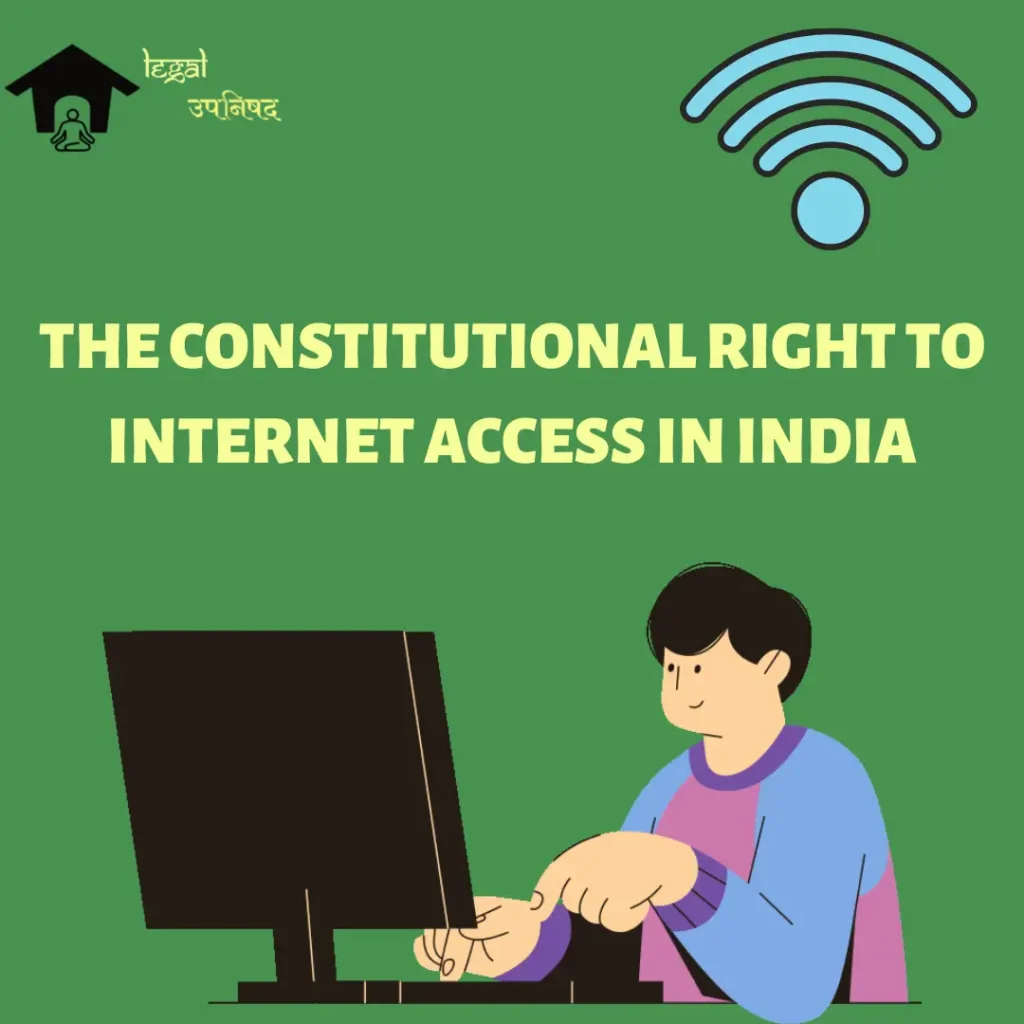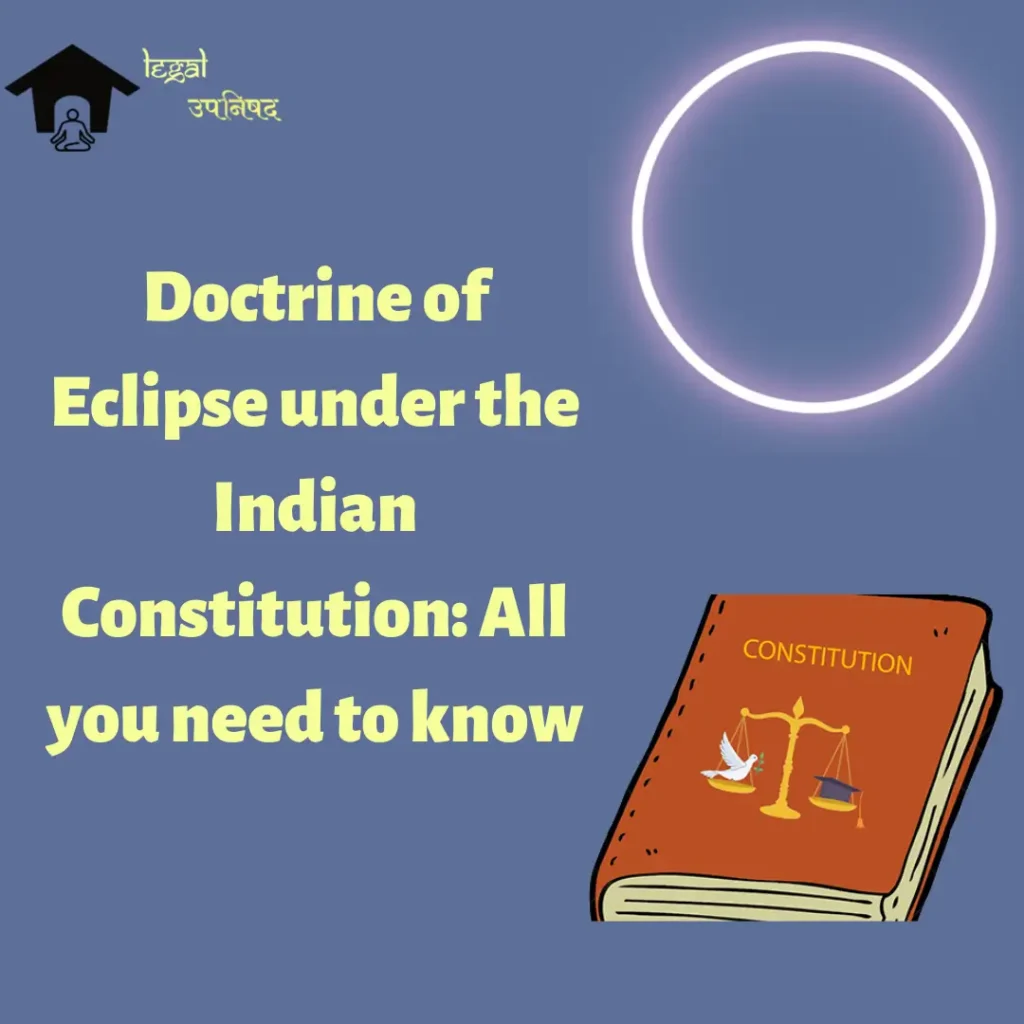Copyright Issues in Wedding Ceremonies in India
This article on “Copyright Issues in Wedding Ceremonies in India: Explain with reference to latest Delhi High Court Judgement” was written by an intern at Legal Upanishad. This Article covers the Legal provisions and the Latest Case law Titled “Phonographic Performance Limited v. Lookpart exhibitions and events private limited” and the futuristic view with regards to such infringement of Copyrights.










